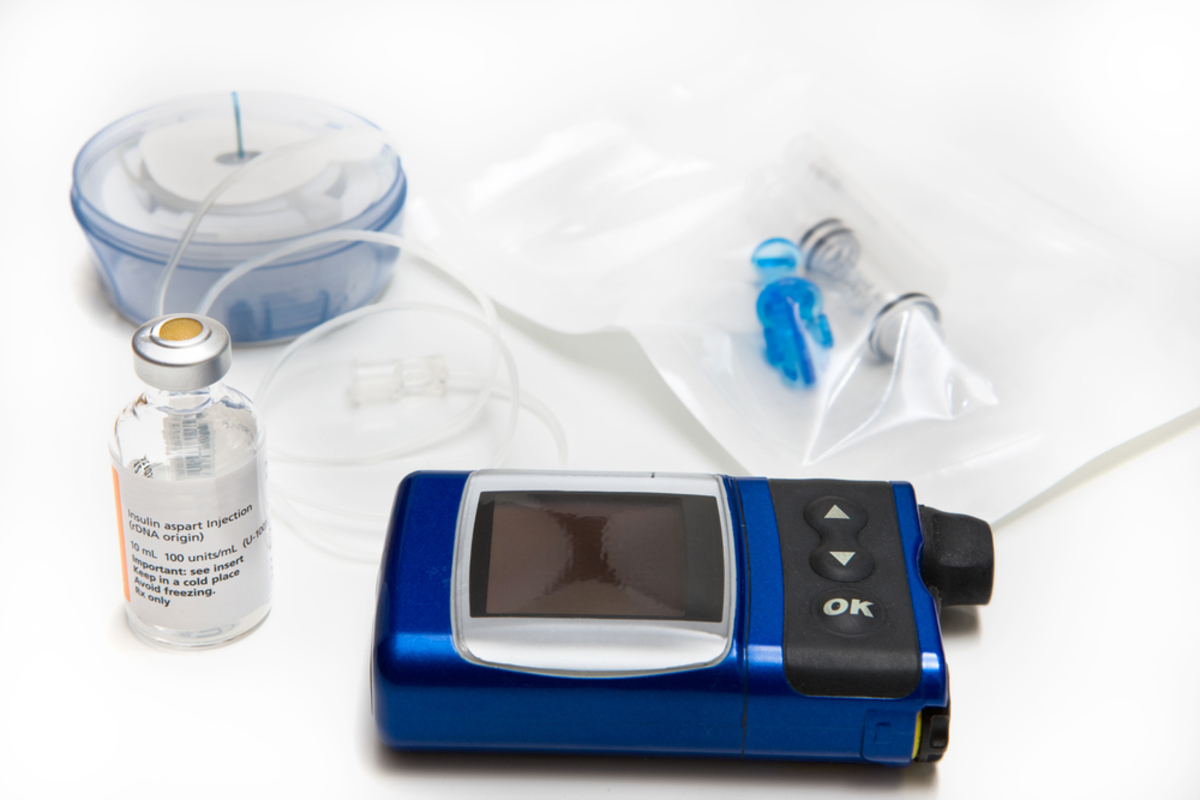Airbag Systems Market: Driving Safety and Innovation

Strong 8k brings an ultra-HD IPTV experience to your living room and your pocket.
The Airbag Systems Market has become a cornerstone of automotive safety, ensuring the protection of passengers and drivers during accidents. With stringent safety regulations and the growing awareness of road safety, airbags have evolved from being optional to standard features in vehicles. The global airbag systems market is experiencing robust growth, fueled by technological advancements, increasing vehicle production, and rising safety concerns.
This blog explores the key aspects of the airbag systems market, including its growth trajectory, market drivers, challenges, segmentation, and future outlook.
Airbag Systems Market Overview
As of 2023, the global airbag systems market was valued at approximately $32 billion, and it is expected to grow to $52 billion by 2030, at a CAGR of 6.5%. The market growth is attributed to the increasing adoption of airbags in both passenger and commercial vehicles, coupled with innovations like pedestrian airbags and advanced inflator systems.
Key Market Drivers
1. Rising Awareness of Road Safety
Road traffic accidents remain a significant concern worldwide. According to the World Health Organization (WHO), road accidents claim more than 1.3 million lives annually. Governments and automotive manufacturers are actively promoting safety features like airbags to reduce fatalities and injuries.
2. Stringent Regulatory Norms
Governments across the globe have mandated the inclusion of airbags in vehicles to enhance passenger safety. For instance:
In the United States, all vehicles must be equipped with front airbags as per federal safety standards.
India implemented rules in 2021 requiring all passenger cars to include dual front airbags.
3. Technological Advancements
Innovations such as curtain airbags, knee airbags, and pedestrian airbags are redefining the safety landscape. These advancements not only improve the effectiveness of airbags but also cater to specific safety needs.
4. Increase in Vehicle Production
The growing demand for passenger cars, especially in emerging economies like China and India, is boosting the airbag systems market. As vehicle production scales, the integration of airbags becomes more widespread.
Challenges in the Market
1. High Costs
Airbag systems, particularly advanced ones, add to the overall cost of vehicles. This can be a challenge in price-sensitive markets where affordability is a key factor for consumers.
2. Malfunction Risks
Although airbags are designed to save lives, cases of faulty deployment or non-deployment can lead to severe consequences. Such incidents often result in recalls and legal liabilities, impacting manufacturers' reputations.
3. Limited Penetration in Developing Regions
While developed nations have embraced airbag systems extensively, many developing countries still face challenges due to lack of awareness, inadequate regulations, and affordability issues.
Market Segmentation
1. By Type
Frontal Airbags: Standard in most vehicles, these protect occupants during head-on collisions.
Side Airbags: Provide protection against side impacts, often used in conjunction with curtain airbags.
Curtain Airbags: Designed to shield the head and neck during side collisions or rollovers.
Knee Airbags: Protect the lower body and legs during a frontal crash.
Pedestrian Airbags: External airbags that protect pedestrians during a collision.
2. By Vehicle Type
Passenger Vehicles: The largest segment, driven by increasing demand for personal mobility and safety.
Commercial Vehicles: Adoption is growing in this segment due to rising regulations and safety awareness.
Electric Vehicles (EVs): EV manufacturers are integrating advanced airbags to cater to the unique design and safety requirements of electric cars.
3. By Component
Airbag Modules: Include the fabric bag, inflator, and sensors.
Crash Sensors: Detect the impact and trigger the airbag deployment.
Inflator Systems: Generate the gas that inflates the airbag.
4. By Region
North America: Dominates the market due to strict safety regulations and high automotive penetration.
Europe: A significant market with advanced safety standards and a focus on luxury vehicles.
Asia Pacific: The fastest-growing region, driven by rising vehicle production and urbanization.
Latin America and Middle East & Africa: Emerging markets with increasing adoption of safety features.
Key Players in the Market
Several prominent companies lead the airbag systems market, focusing on innovation and expanding their geographic reach. Key players include:
Autoliv Inc.: A global leader offering advanced airbag systems and technologies.
ZF Friedrichshafen AG: Known for its innovative safety products, including airbag inflators and sensors.
Denso Corporation: A major player in the automotive safety market.
Joyson Safety Systems: A key provider of advanced airbag modules and components.
Hyundai Mobis: Expanding its portfolio in the airbag segment with significant R&D investments.
These companies are engaged in strategic partnerships, mergers, and acquisitions to strengthen their market position.
Technological Trends
1. Smart Airbags
Smart airbags integrate sensors and algorithms to adapt the deployment force based on the occupant's size, position, and the severity of the crash. These innovations ensure optimal safety for diverse passenger profiles.
2. Pedestrian Protection Airbags
Pedestrian airbags deploy outside the vehicle, usually on the hood or windshield, to minimize injuries during collisions with pedestrians. This technology is gaining traction in Europe and Japan.
3. Lightweight Airbag Materials
Manufacturers are adopting lightweight fabrics and components to reduce vehicle weight while maintaining safety standards. This aligns with the industry's push toward fuel efficiency and sustainability.
4. Integration with Advanced Driver Assistance Systems (ADAS)
Airbags are being integrated with ADAS technologies like automatic emergency braking and collision detection systems, creating a comprehensive safety ecosystem.
Market Dynamics
Opportunities
The rise of autonomous vehicles is expected to create new avenues for airbag systems, with unique designs tailored for unconventional seating arrangements.
Increasing demand for electric vehicles offers growth potential, as EV manufacturers prioritize advanced safety features.
Restraints
High costs and complexity of advanced airbag systems may limit their adoption in budget vehicles.
Challenges related to counterfeit airbags in developing regions pose risks to consumer safety and market integrity.
Future Outlook
The future of the airbag systems market lies in innovation and adaptation. With increasing investments in R&D, manufacturers are likely to develop next-generation airbags that address emerging safety challenges. The rise of connected vehicles and autonomous driving technologies will further revolutionize the market, emphasizing the importance of integrated safety systems.
Governments and automotive safety organizations are expected to play a pivotal role in driving adoption through regulations and awareness campaigns. Moreover, as consumer demand for safer vehicles grows, the airbag systems market is poised for sustained expansion.
Conclusion
The airbag systems market is an integral part of the global automotive safety ecosystem. It is witnessing a remarkable transformation, driven by technological advancements, stringent regulations, and the growing emphasis on passenger safety. While challenges like high costs and malfunction risks persist, the market offers immense opportunities, particularly in emerging economies and the electric vehicle segment.
As the automotive industry evolves, airbag systems will continue to be a critical component, saving lives and shaping the future of vehicle safety. For manufacturers, staying ahead in this competitive market requires a relentless focus on innovation, quality, and collaboration with regulatory bodies.
Note: IndiBlogHub features both user-submitted and editorial content. We do not verify third-party contributions. Read our Disclaimer and Privacy Policyfor details.







